Zimbabwe's ruling Zanu-PF kicked off its annual conference today in Mutare, under the looming shadow of a deepening succession and corruption battle that threatens to destabilise both the party and the country. At the centre of the storm is Vice-President Constantino Chiwenga, who appears to be positioning himself to wrest control of the state from President Emmerson Mnangagwa.
The party's conference comes as Zanu-PF seeks to pass a consequential resolution to amend the constitution, potentially extending Mnangagwa's rule beyond his 2028 second-term limit to 2030 or further. Last year, at its Bulawayo conference, the party passed a resolution paving the way for the incumbent's rule extension, which has since been explored by the party's legal department in conjunction with the Ministry of Justice.
While Mnangagwa insists he will not extend his tenure beyond 2028, citing his status as a "constitutionalist," his allies are reportedly working behind the scenes to push the 2030 agenda, fueling growing tensions within the party. Chiwenga, meanwhile, is positioning himself as Mnangagwa's eventual successor, although the president reportedly prefers other potential successors, including ZDF commander General Phillip Valerio Sibanda, business tycoon Kudakwashe Tagwirei, or veteran politician Chris Mutsvangwa.
The conference will unfold against the backdrop of three major political issues: Mnangagwa's bid to extend his rule, Chiwenga's mounting opposition, and revelations from a confidential document the vice-president submitted to the Zanu-PF top leadership and politburo on September 17. The document, seen by The NewsHawks, levels serious allegations of corruption and treason against several political and business figures.
Chiwenga alleges that Tagwirei, along with Wicknell Chivayo and Pedzisayi "Scott" Sakupwanya, were involved in looting US$3.2 billion from state coffers. He also accuses former Zanu-PF MP and minister Jonathan Moyo of pushing a "treasonous project" titled Breaking Barriers Initiative: Putting Zimbabwe First, which he claims seeks to alter the political system and postpone the 2028 elections to 2035.
These revelations deepen the rivalry between Chiwenga and Moyo, a tension rooted in the 2017 military takeover that brought Mnangagwa to power. At that time, Chiwenga himself faced accusations of "treasonable conduct" from Mugabe's Zanu-PF for his role in the ouster of the late president.
Chiwenga's document goes further, implicating a network of businessmen, whom he calls Zvigananda, in the misappropriation of public funds and party investment money, and calls for their immediate arrest. Analysts warn that the escalating accusations of corruption, treason, and internal party power struggles risk plunging Zimbabwe into political and economic instability, raising fears of protests similar to those in Madagascar or a potential stratocracy, where military influence dominates government.
The tension has spilled into public activism, with exiled war veteran Blessed "Bombshell" Geza calling for a "one million man march" on October 17 to protest against Mnangagwa and his allies over state capture and corruption.
As the Zanu-PF conference unfolds, all eyes are on how the party navigates the succession battle, the constitutional amendment agenda, and the fallout from Chiwenga's explosive allegations. The outcome is likely to shape Zimbabwe's political landscape for years to come, with high stakes for governance, party unity, and national stability.
- online
 Chiwenga dossier accuses Tagwirei of looting US$1.9bn
Chiwenga dossier accuses Tagwirei of looting US$1.9bn  ZEP extension faces pushback
ZEP extension faces pushback  'Some very strange things are happening in China!'
'Some very strange things are happening in China!'  Zimbabwe's dollar stock exchange surges 45%
Zimbabwe's dollar stock exchange surges 45%  Gold edges up as traders await guidance
Gold edges up as traders await guidance  Zimbabwe named World's best country to visit in 2025 by Forbes
Zimbabwe named World's best country to visit in 2025 by Forbes  Young Investment Professional (YIP) Graduate Programme 2019
Young Investment Professional (YIP) Graduate Programme 2019 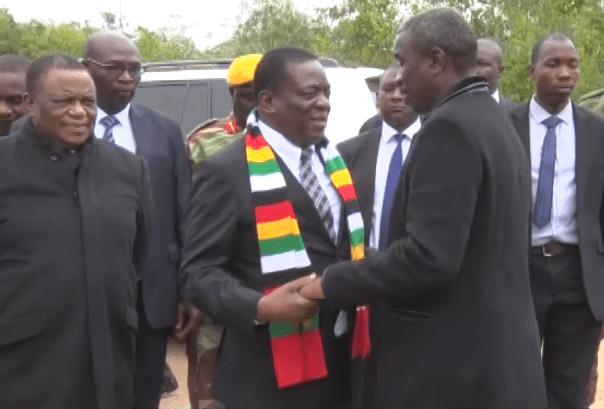
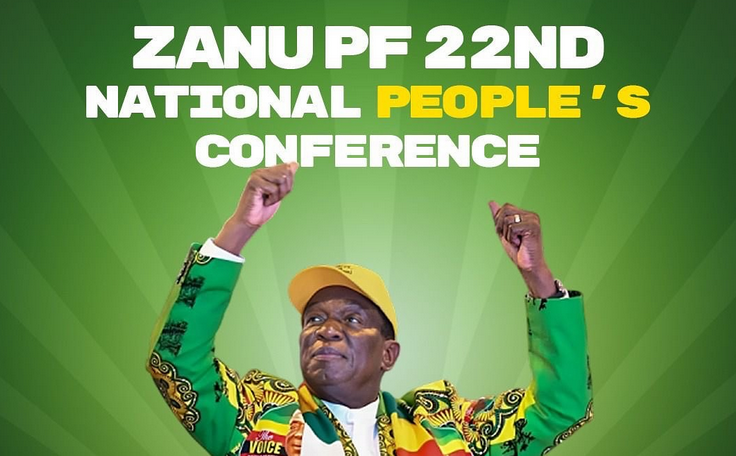
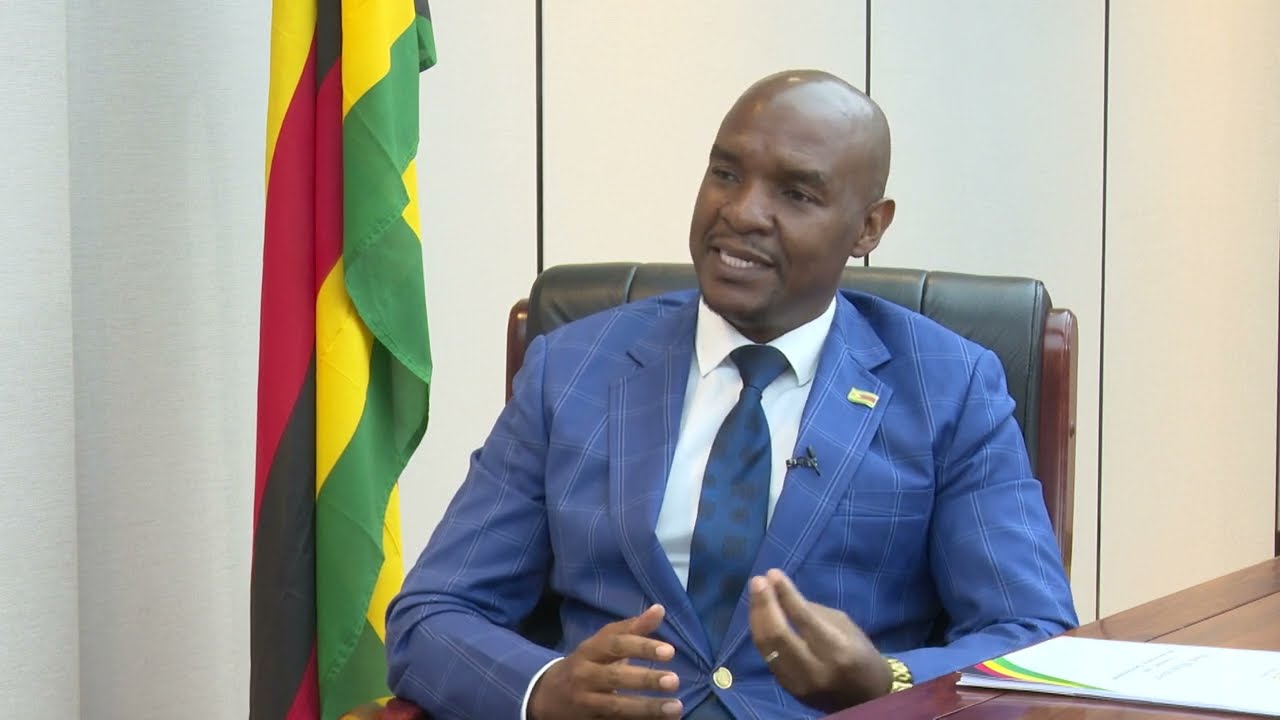
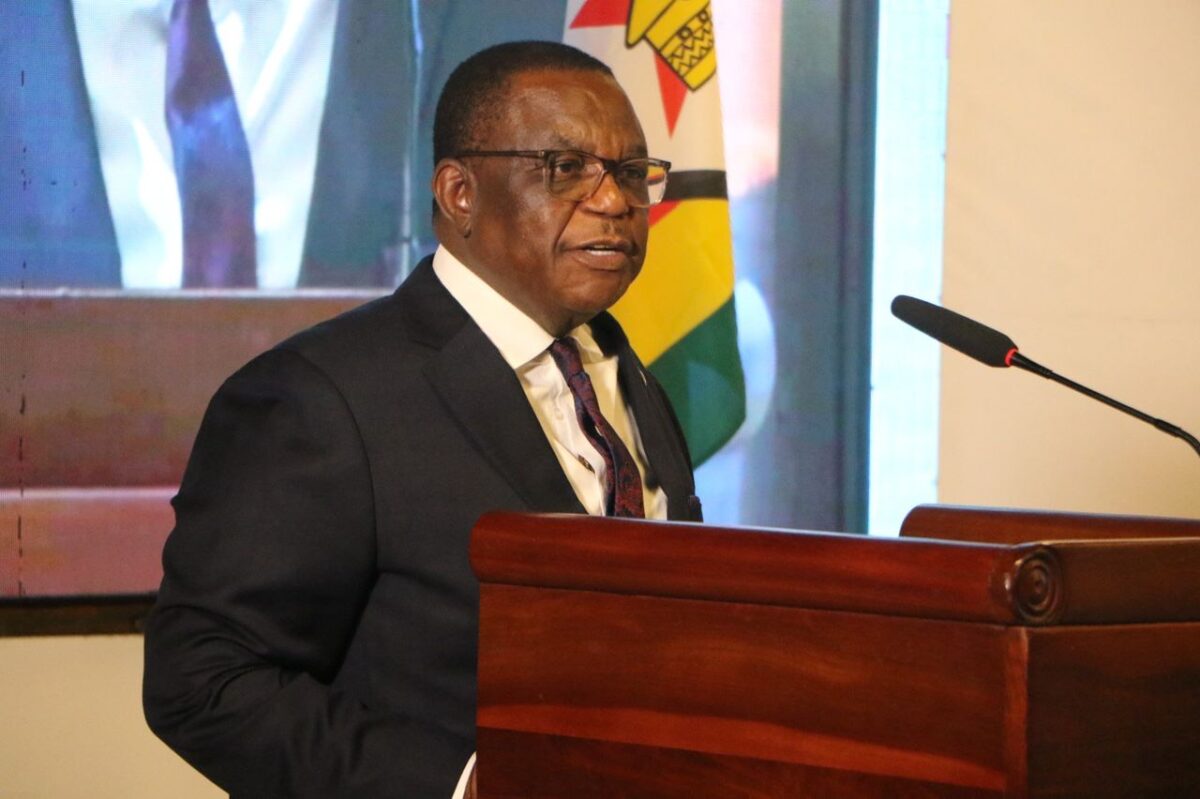
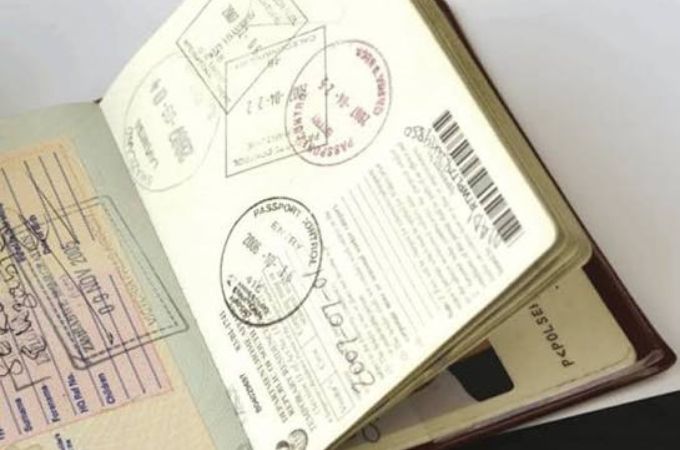
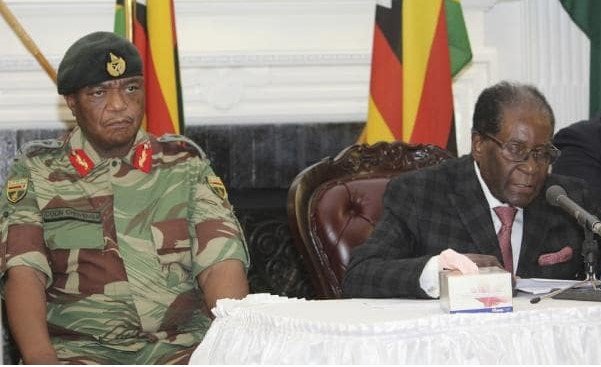
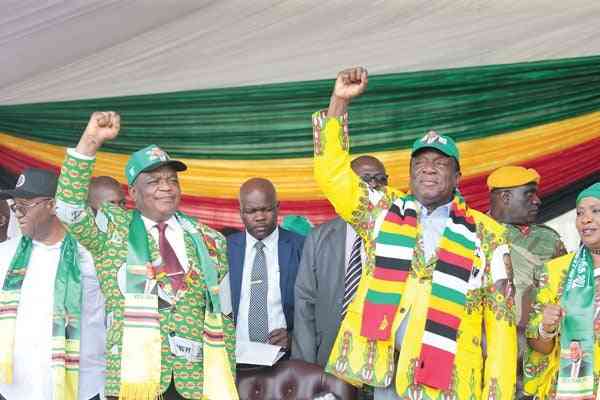
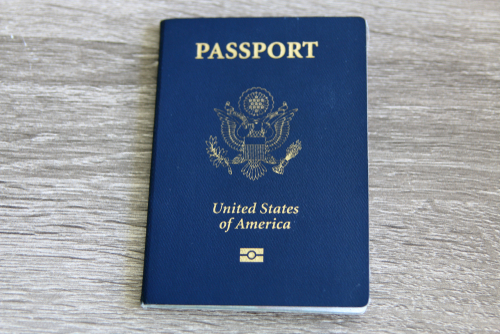
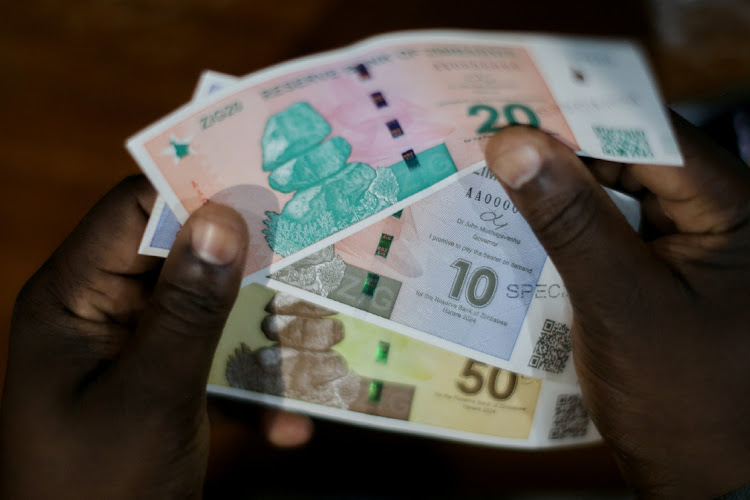
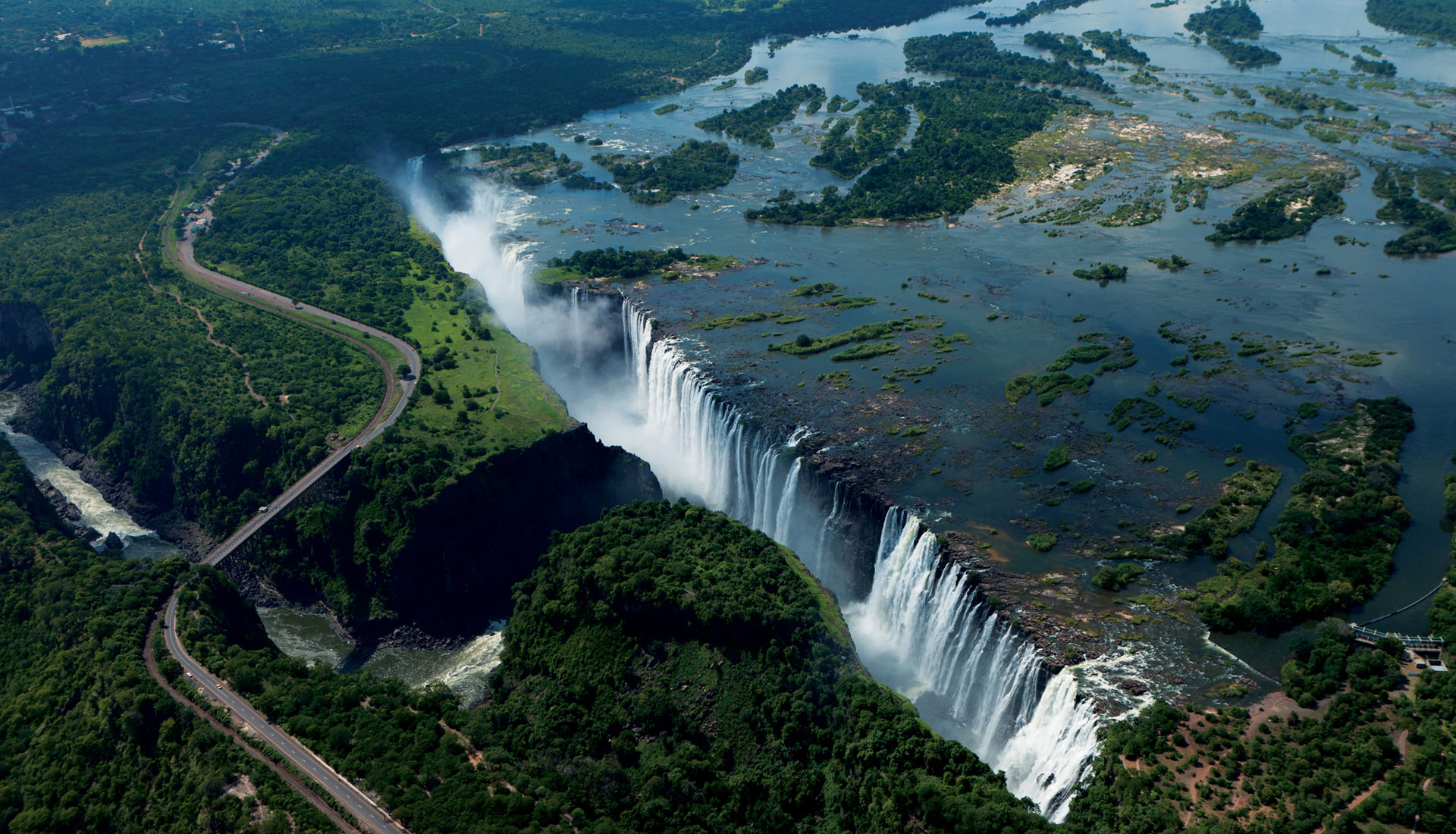

 Young Investment Professional (YIP) Graduate Programme 2019
Young Investment Professional (YIP) Graduate Programme 2019
Editor's Pick